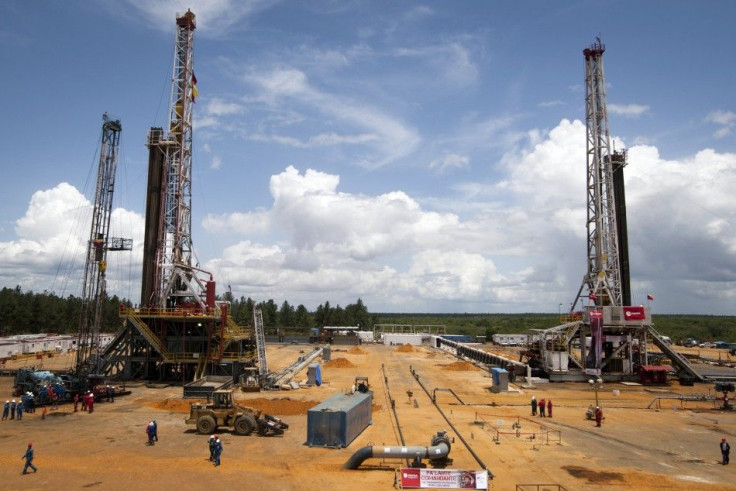US Asks Saudis To Boost Summer Oil Output

The U.S. is seeking additional oil output from Saudi Arabia to fill a lack of supply arising from upcoming Iranian sanctions, but likely won't need the boost until July, when the EU plans to embargo Iranian crude oil.
Saudi Arabia, which is the only oil producer that can accomodate the gap, is open to the idea but wants to avoid political entanglements between the West and Iran, which is allegedly seeking a nuclear missile.
There were talks held between Saudi and the U.S. and the U.S. asked if Saudi could be accommodating once the sanctions take effect in July. And the Saudi response was that it was ready to meet demand in the market if required, but would not like to take part in the politics, a Gulf official said during the International Energy Forum in Kawait, Reuters reported.
Saudi Arabian oil production will remain around 9.8 million barrels per day, fluctuating around 200,000 barrels per day, until July, officials said. Production could be increased to up to 12.5 million barrels per day.
Brent crude oil has risen to $125 per barrel, sending U.S. gas prices over $4 per gallon in some areas. Washington has limited tools to combat the increasing costs, which stem from a global free market, analysts said,
© Copyright IBTimes 2024. All rights reserved.





















